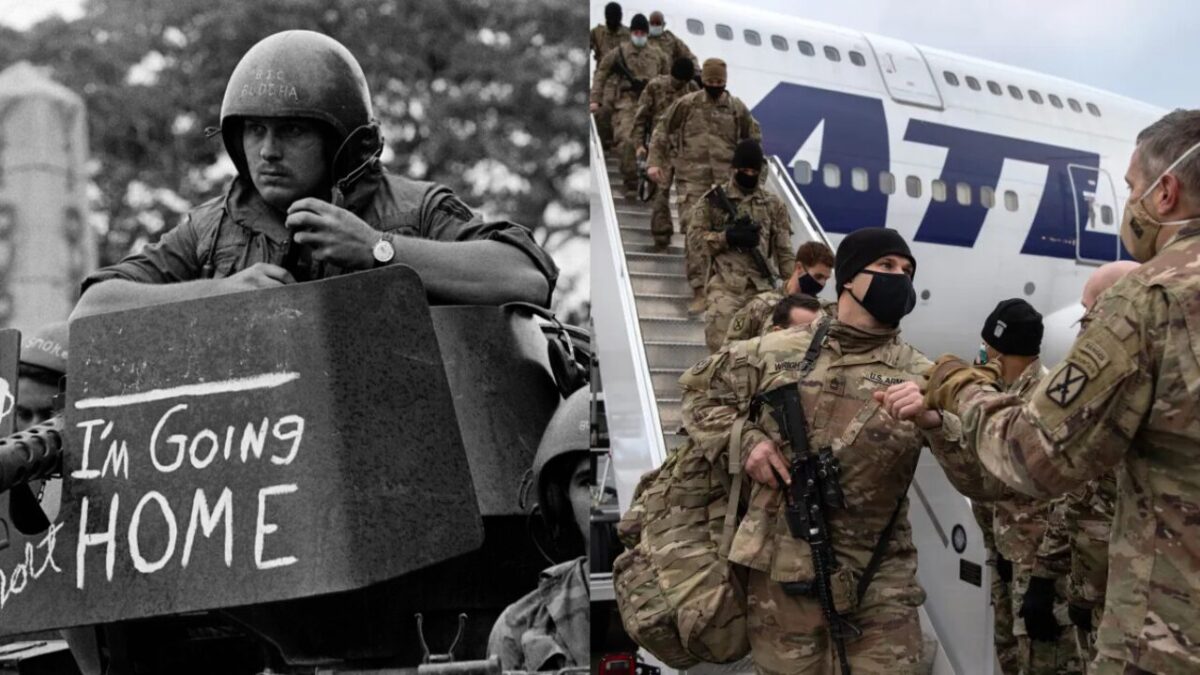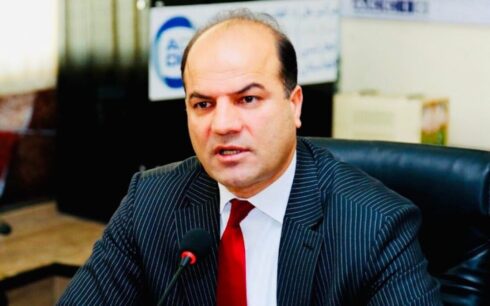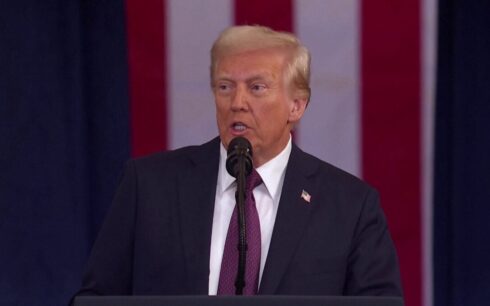It was late at night when I dropped off a passenger in Baltimore. I was planning to head home to Virginia when the Uber app chimed: another passenger, this time heading from Baltimore to Dulles International Airport. The trip seemed perfect—both lucrative and conveniently on my way—so I accepted.
The passenger’s name was Hung. Uber only shows first names, but from his name, I guessed he might be from East Asia, perhaps Chinese. Hung was a middle-aged man with a shaved head, thin mustache, and round glasses. As I helped him load his suitcase into the trunk, I asked how his day had been.
“It was good,” he replied, “but the rain doesn’t let you enjoy the warm weather.” Then he asked, “Can I ask where you’re from? You look like you might be from the Middle East.”
“Close enough,” I said.
“Are you from Iraq?” he asked.
“No,” I said, “Afghanistan.”
His face lit up. “Ah,” he said, “your country and mine are very similar. Even our fates are the same.”
At that moment, I realized he wasn’t Chinese. “Where are you from?” I asked.
“Vietnam,” he replied.
Hung’s observation intrigued me. What similarities did Afghanistan and Vietnam share? Our conversation unfolded like the pages of a history book.
“When did you leave Afghanistan?” Hung asked.
“Just before Kabul fell,” I said.
“Really?” he said, suddenly animated. “How strange! I came to the U.S. seven days before the fall of Saigon.”
“You mean almost fifty years ago?”
“Yes, 1975,” he said, describing his departure with such vividness that it seemed as though it had happened only yesterday.
Our stories were strikingly similar. Both of us had fled our homelands under the shadow of war, half a century apart.
I asked why he had left Vietnam. Hung explained that his brother had been an officer in the South Vietnamese government. “If the communists had captured him, his fate would have been grim,” he said.
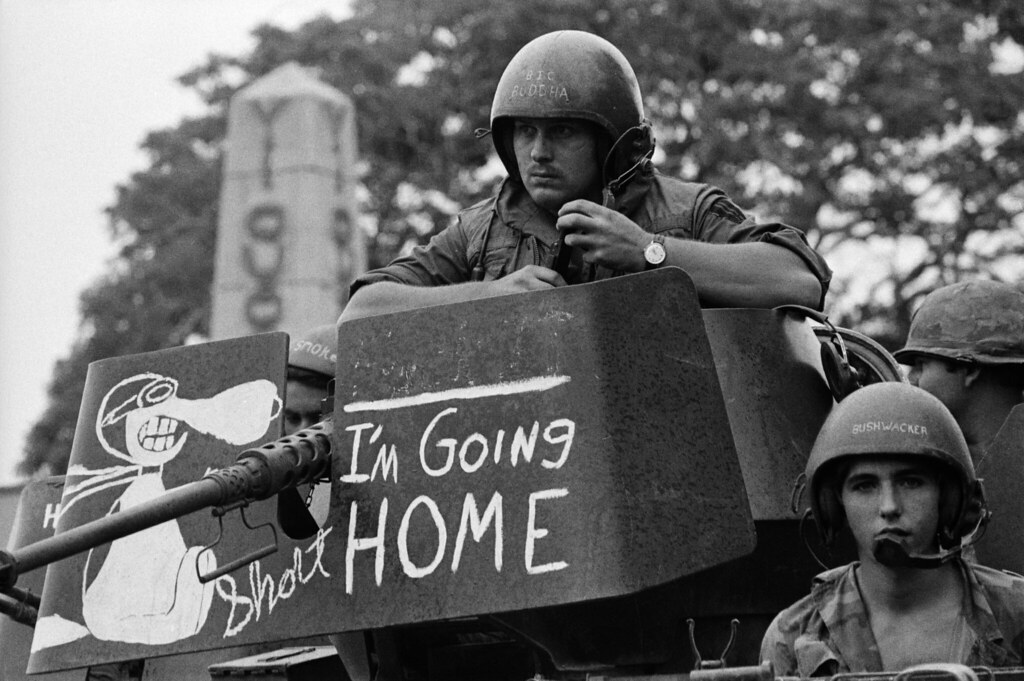
Hung recounted how, as a university student, he had used connections with an American to secure passage out of Vietnam for himself and his family. “We left just in time,” he said.
“When I hear about Afghanistan,” he added, “I think of my country. After 9/11, I followed Afghanistan’s story closely, but I never imagined it would share our fate.”
Hung, clearly an educated and thoughtful man, described Vietnam’s turbulent history. He traced the roots of the Vietnam War to French colonial rule. In the 19th century, France had seized Vietnam and made it part of French Indochina, exploiting its resources, including rubber, rice, and coal. This exploitation lasted until World War II when Japan occupied Vietnam.
“After the war,” Hung said, “France tried to reassert control, but they faced fierce resistance from Ho Chi Minh and his communist followers. The fighting lasted until 1954 when the French were defeated.”
“After that, it was America’s turn,” he said.
I had some knowledge of America’s role in the Vietnam War but was less familiar with France’s earlier involvement. I asked Hung about it, and he explained how French colonial ambitions and the global Cold War dynamic had led to the country’s prolonged turmoil.
The Vietnam War, he said, began as a struggle between North and South Vietnam but soon became a proxy conflict in the Cold War. By the 1950s, American policymakers feared that a communist victory in Vietnam would trigger the spread of communism throughout Southeast Asia—a theory known as the Domino Effect. President Harry Truman believed that losing Vietnam could destabilize an entire region.
The U.S. began its military involvement in the 1960s, and the war escalated rapidly. By the time the conflict ended, over three million Vietnamese had died, along with 58,000 Americans. In 1973, the U.S. withdrew its forces, leaving South Vietnam to fend for itself. The government collapsed two years later, in 1975.
When I asked why South Vietnam fell so quickly, Hung smiled knowingly. “Why did Afghanistan’s government collapse?” he asked, before answering his own question. “The Americans made peace with the communists and left. Our government was weak and corrupt; it couldn’t stand on its own.”
It was as if I were hearing Afghanistan’s story all over again.
“What happened to those who worked with the South Vietnamese government or the Americans after the fall?” I asked.
Hung’s expression grew somber. “Many were killed,” he said. “And then the communists decided they needed to ‘convert’ those who had worked for the Americans.”
“Convert?” I asked.
“They sent them to reeducation camps,” Hung said. “There, they were forced to study communist ideology until the authorities were convinced they had been fully indoctrinated.”
“Do you know anyone who went through that?”
“My cousin,” he said. “He was a low-ranking police officer, but he was arrested and sent to a camp. He spent seven years there, learning communist doctrine.”
“Seven years?” I said in disbelief.
“Yes,” Hung said. “For higher-ranking officers, it was much worse. They spent decades in those camps.”
I asked if there had been any resistance after the fall of Saigon. Hung explained that there were attempts, but they failed because Vietnam no longer held strategic importance for the U.S., and neighboring countries had no interest in prolonging the conflict.
“What about now?” I asked. “I see Vietnamese products in American stores. Your economy must be doing well.”
“It’s better,” Hung admitted, “but we’re still poor. The standard of living is low, and the communist government doesn’t allow dissent. Officially, they’re still communists, but they’re not like Ho Chi Minh’s era. They just use his name and communism as a facade.”
“What do you mean?” I asked.
“It’s a mafia,” Hung said. “A corrupt group controls everything—economy, politics, everything. They do whatever they want.”
Not knowing much about modern Vietnam, I didn’t press further.
A heavy silence fell between us. Then Hung spoke again, his voice tinged with sadness.
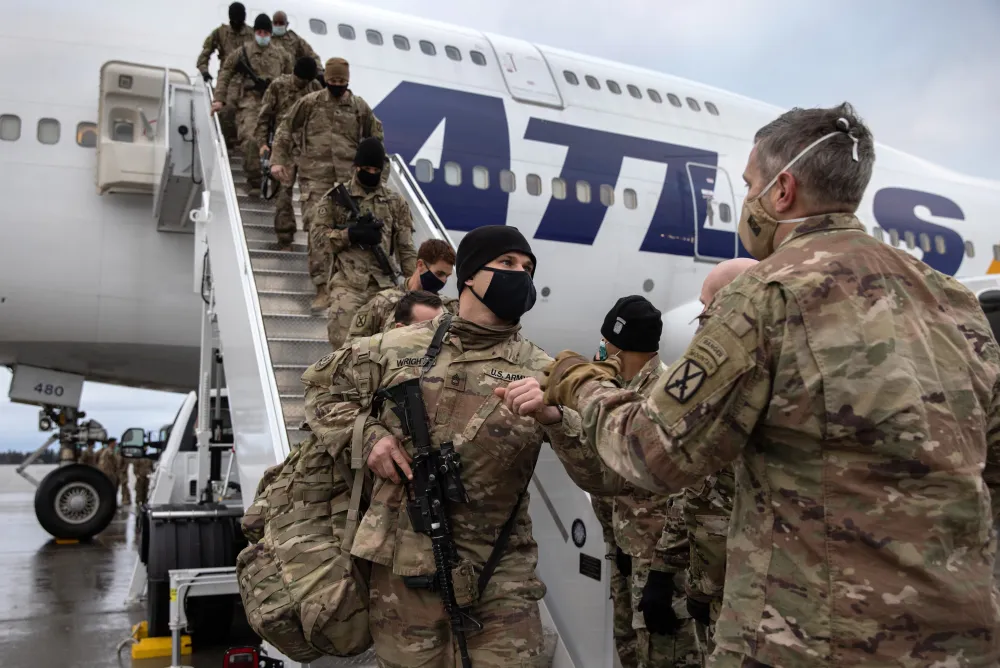
“When I saw the images from Kabul—the fear and panic at the airport—I thought of Saigon,” he said. “That day, the whole city rushed to the U.S. Embassy. Watching people flee the Taliban brought back all those memories.”
For a few moments, neither of us spoke, both lost in our thoughts.
As we neared Dulles Airport, Hung broke the silence. “Can I ask you something? I hope you don’t mind.”
“Go ahead,” I said.
“Do you have $50 in cash?”
“I don’t carry cash,” I replied. “Why do you ask?”
Hung explained, “I have a $100 bill. I was going to give it to you and keep $50 as your tip. I know how hard life is here. Believe me, I’ve been through it. But it gets better—trust me.”
I thanked him for his kindness. When he stepped out of the car, he turned back, smiled warmly, and said goodbye.
Minutes later, the Uber app sent a notification: “You received a tip!” It was $50.
This op-ed was written by Salar Musafir, an Afghan immigrant living in the United States. After Kabul’s fall, tens of thousands of Afghans have resettled in the U.S., with many working as Uber drivers.
If you have a story to share, please contact us.

